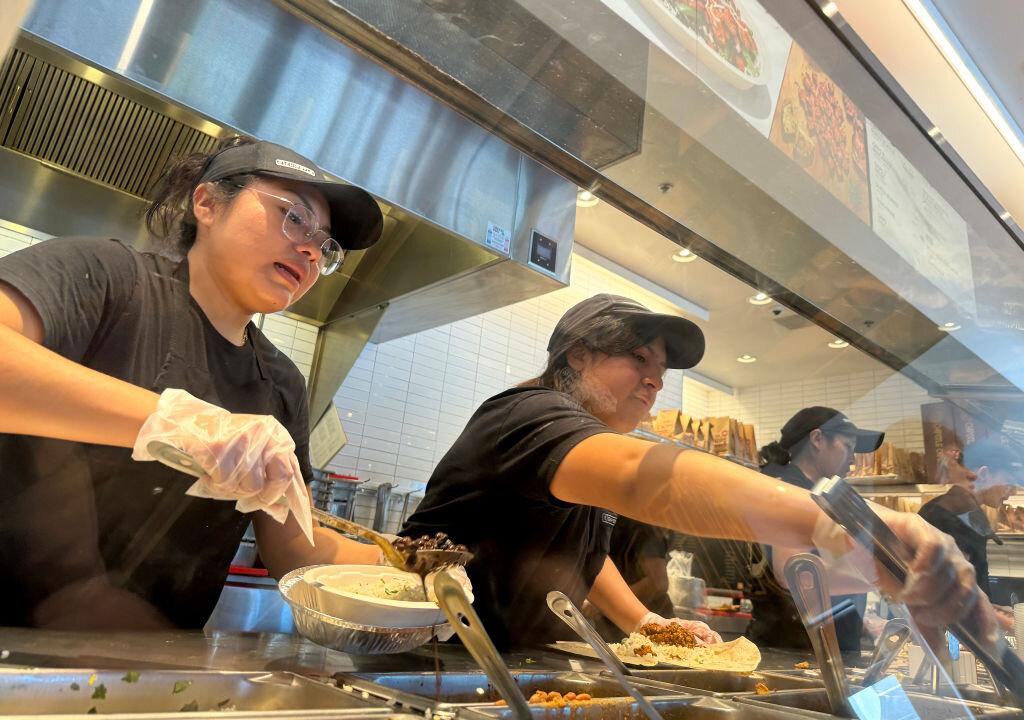California’s new Fast-Food Council held its second meeting July 31, hearing from workers who want stricter oversight and higher pay, and owners and operators of affected restaurants asking for more clarity and cautioning against more rules.
Legislation passed last year ordered all fast-food chains with at least 60 locations nationwide to pay at least $20 per hour in California, and created the council to oversee future raises. The council consists of nine voting members—two industry representatives, two representing restaurant owners, two representing employees, two advocates for employees, and an unaffiliated member of the public—as well as two non-voting members to oversee future raises and other changes.





